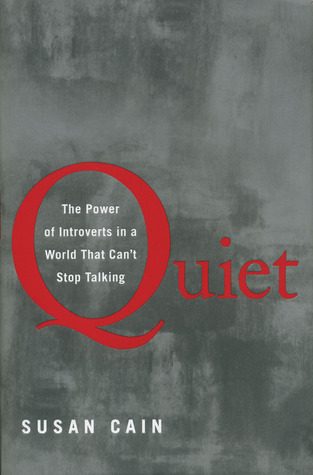Jack London
American Novelist / Adventurer
1876 - 1916
Commentary
Do you write or paint only when you are inspired? Or do you make a habit of writing or painting every day? If you wait for inspiration, you will produce very little work? If you write every day, you will be surprised by how much you create in your lifetime.
Set yourself a goal. Write or paint for 3o minutes a day . . . 6o minutes . . . four hours. Or 200 words a day. A thousand words a day. Commit to doing a little bit every day. Most of us will never have the time where we can devote 3 months to working on our novel. We have to write a little bit every day.
Jack London committed himself to writing a thousand words a day, good or bad, and he produced many novels, non-fiction and short stories. He wrote and published over 50 books in the last sixteen years of his short life.
Creative Practice
This week commit to writing or painting a certain amount every day for a month whether you are inspired or not.
Biography
 |
| Flora Wellman London's mother |
Jack London was born in San Francisco, CA, the illegitimate son of Flora Wellman and William Chaney. Chaney left before Jack was born and was not involved in his life. Even later, when as a grown man, Jack wrote to him, Chaney denied being his father. His dominating mother later married John London, a Civil War veteran, from whom Jack took his last name. Jack was also raised by Virginia Prentiss, an ex-slave, who was an important influence in his young life.
The Londons were poor and Jack worked from a young age, helping to support the families, often for $0.10 an hour in canning pickles and often for 12 to 18 hours a day. Child labor laws did not exist at the time. At thirteen, Jack became a oyster pirate and late worked with the California Fish Patrol to capture pirates.
Although he finished grade school, London was mostly self-taught. Ina Coolbirth, a librarian at the Oakland Public Library, encouraged Jack to read and guided his early education.
At sixteen, Jack sailed with the Sophie Sutherland, a sealing schooner, to Japan. When he returned in 1893, the nation was in a recession and there were not many jobs to be had. London became a hobo, riding the rails across the country, meeting people who would be friends for years. He was arrested in Buffalo, New York, for vagrancy and spend 30 days in jail.
When Jack returned to Oakland, he entered high school and contributed articles to the school magazine. He won a $25 prize for an article he wrote on his sailing experiences and it was published in a San Francisco newspaper. At 20, Jack was admitted to the University of California at Berkeley but left in 1897 and never finished.
At 21, Jack joined the Klondike Gold Rush in the Yukon. He developed scurvy and was forced to return to Oakland. While on this trip, he committed himself to becoming a writer. He was paid $5 for his first published story and $40 for his second. His first novels, The Cruise of the Dazzler and A Daughter of the Snows, were published in 1902. The Call of the Wild appeared in 1903. The Sea-Wolf was published in 1904. White Fang came out in 1906.
 |
| Jack and Charmian in Hawaii (1915) |
London married Elizabeth Maddem on April 7, 1900. They had two daughters together, Joan and Becky. After divorcing Bessie, London married Charmian Kittredge in 1905 and they remained together for the rest of his life, but had no surviving children. Charmian and Jack traveled extensively including trips to Hawaii and the South Seas. Jack learned to surf in Hawaii.
In 1905 London purchased a ranch in Glen Ellen, CA which became his home for the rest of his life. While he traveled often, he would always come back home. He build a stone mansion on the ranch that was destroyed by fire before they moved in.
Jack London died on November 22, 1916 at the age of forty. He was suffering from dysentery, uremia and late stage alcoholism. He may have accidentally caused his own death with a morphine overdose. London has been quoted as saying, "I believe that when I am dead, I am dead. I believe that with my death I am as much obliterated as the last mosquito you and I squashed." Yet, Jack London continues to live and inspire others with his stories and novels.
Source:
Haley, James L., Wolf. (I recently finished listening to this excellent biography of Jack London and recommend that others read it.)
Novels & Short Stories Online:
To Build a Fire
Gutenberg ebooks
Note:
While I have seen some of the movies based on Jack London's work, I have never read any of his novels or short stories.

















